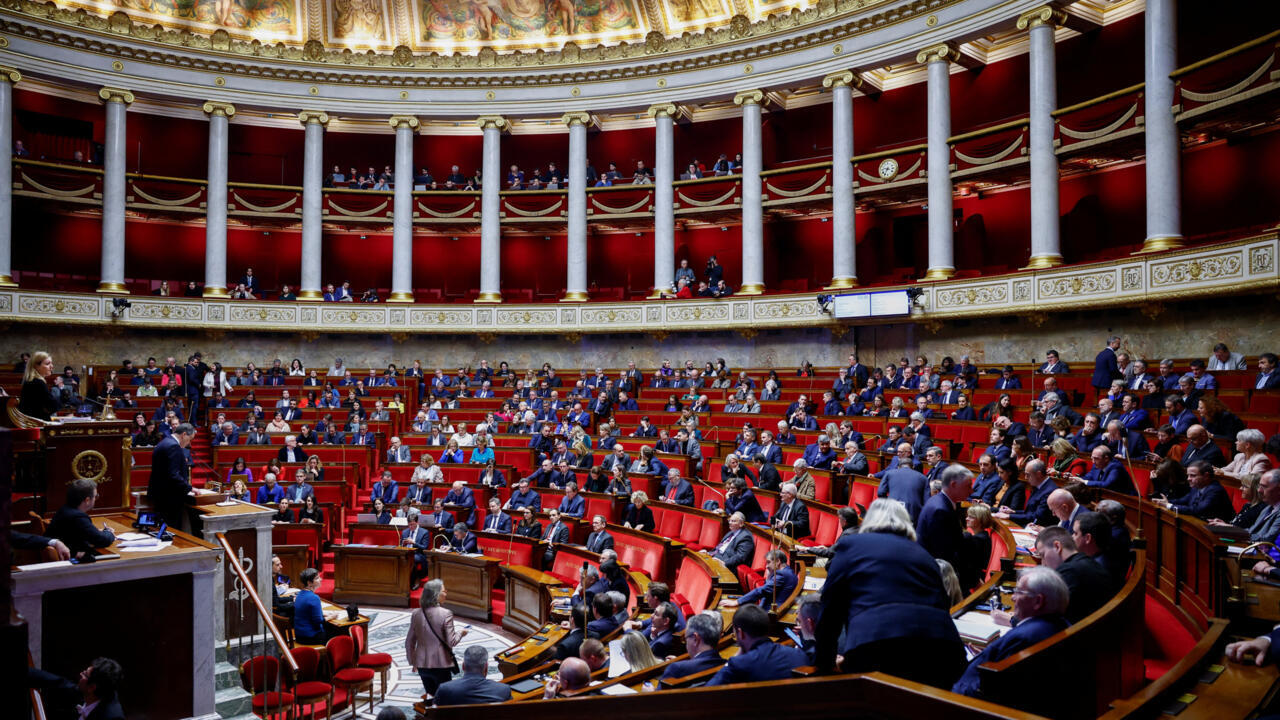Copyright france24

Deep divisions in France’s raucous parliament have crystallised over how to tax its wealthiest citizens as lawmakers debate Prime Minister Sébastien Lecornu's 2026 budget, which is aimed at addressing France's burgeoning deficit. Some leftist lawmakers want a minimum 2 percent tax on wealth over €100 million, which would affect only about 1,800 French households. The measure was put forward by French economist Gabriel Zucman, who says it could generate €15-20 billion annually. Zucman argues that his tax, which is hugely popular in public polls, would ensure the ultra-rich pay at least as much, proportionally, as average earners. The Socialist Party has proposed its own wealth tax, a minimum 3 percent levy on assets worth more than €10 million – excluding family-run and "innovative" businesses. Prime Minister Lecornu has instead proposed a 2 percent levy on assets in holding companies not used for business purposes. The tax, which was passed by the lower house on Friday, is expected to raise up to €1 billion by targeting the personal assets sitting in some 4,000 holding companies that serve no economic purpose other than to reduce an individual's tax bill, according to Budget Minister Amélie de Montchalin. “Our aim is not to achieve tax justice at the expense of the economy,” Montchalin told lawmakers during the debate. ‘Tax justice’ Lecornu does not have a majority and is reliant on support from Socialist Party lawmakers if he wants the budget to be passed and his government to survive. The prime minister was forced to suspend plans for a deeply unpopular pension reform until after the 2027 presidential election to secure Socialist support for his government, which narrowly survived no-confidence votes earlier this month. Socialist Party lawmakers have acknowledged that amendments to introduce the Zucman tax are likely to fail. “We are not calling for dispossession or confiscation, we are demanding tax justice,” Socialist lawmaker Boris Vallaud said ahead of the vote. The final shape of the tax could still change when the budget bill reaches the Senate in the coming weeks, though the lower house will have the final say. The legislation will also face scrutiny from the Constitutional Court, which has previously struck down tax laws it deemed confiscatory. Earlier this week, the National Assembly voted through two amendments that would double the tax on global tech giants and establish a 25 percent minimum rate on profits made by multinationals based on their activities in France. (FRANCE 24 with Reuters)



